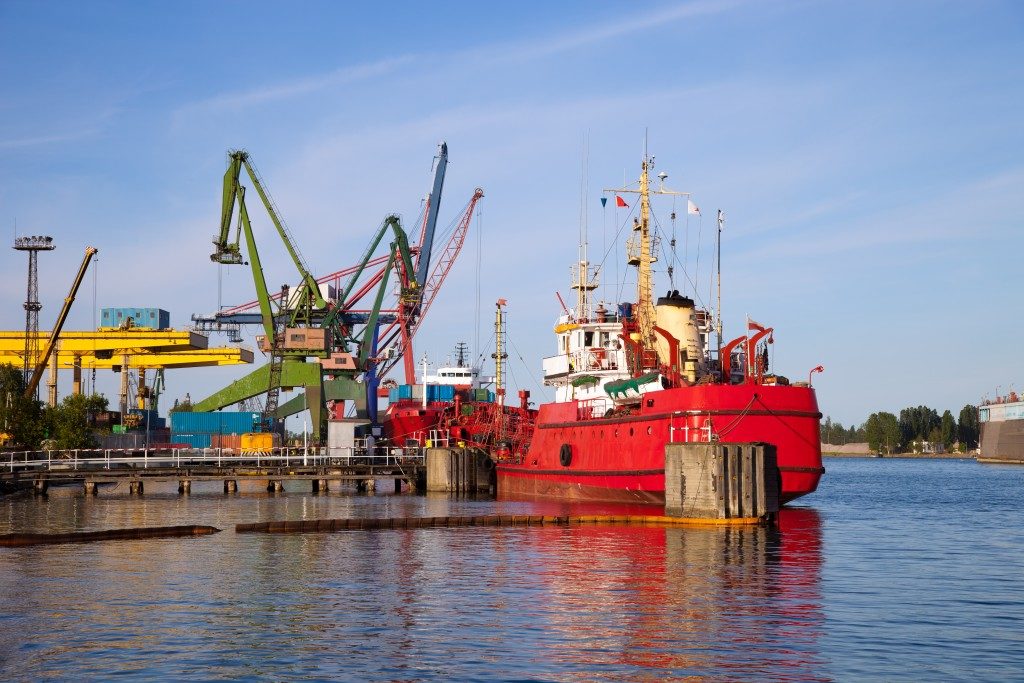Global trade has grown in leaps and bounds. Most products might be cheaper abroad compared to in your locality, and it makes sense to import them and sell them for profits in your local store. Before embarking on this seemingly fail-safe venture, however, you should factor various costs involved in the shipping of the products right to your doorstep. The most common transport means used by importers and exporters is marine transportation since it is incredibly inexpensive.
While most people will pay attention to their shipping expenses, they forget one essential element; demurrage insurance. This form of marine insurance is fully known as freight, demurrage and defense (FD&D). It is meant to cover claims handling and legal costs related to various issues that might arise during your shipping. There are nonetheless several forms of insurance that will be prudent for you to invest in when using marine cargo transportation. The following are some losses that will be covered in marine insurance.
Actual Total Loss
This covers the physical and material loss of the insured subject. It takes place when your vessel or cargo is destroyed such that it ceases being the original insured subject or you are irretrievably deprived of your cargo’s ownership. In an actual total loss, you need not give a notice of property abandonment to your insurer. You will be compensated only up to the limit of the damage if you are over-insured and the total amount of your cover if you are under-insured.
Constructive Total Loss
Here, the insured item is not lost like in actual total loss but is instead reasonably abandoned once its actual total loss becomes inevitable. Take, for instance, your ship suffers damages that will cost about $50000 to repair yet it is insured for $40000. In this case, you can abandon the ship and seek constructive total loss. While constructive total loss, therefore, is designed to cover commercial impossibility, actual total loss covers a physical impossibility.
Particular Average Loss
Here, the insured subject matter suffers a partial loss owing to an insured peril, but the damage sustained is accidental. This loss should only relate to the subject matter and only affect a part of it. The two categories of particular average loss include goods arrived in a damaged state and total loss of part of your cargo.
General Average Loss

This results from an intentional expenditure or sacrifice by a ship’s master so that the goods or ship are saved from danger for the benefit of the cargo and shipowner. Some of the typical situations in marine transport where general salvage loss might apply to include the throwing of cargo overboard to avert the sinking of a ship or payment to another vessel to tow a ship to safety. The expenditure or sacrifice in these cases should be made carefully, prudently and reasonably.
Before signing up for a specific coverage, ensure you fully understand the loss you are covering against. Many insurance clients have erroneously labeled insurers as dishonest once they find out they cannot be compensated for certain damages. If you are unsure of anything, get an expert to guide your choice of the above losses in your marine insurance.
